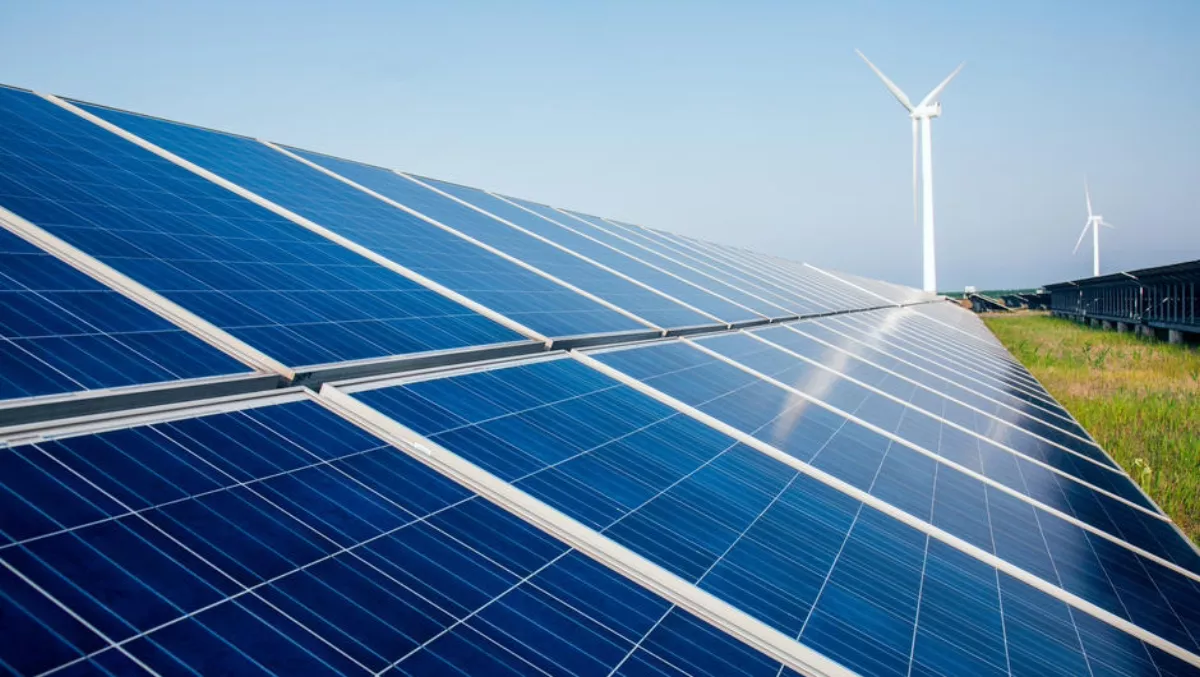
ComCom seeks to understand how electricity firms plan to harness emerging tech
The Commerce Commission wants to know how New Zealand's regulated electricity distributors are planning for emerging technologies like solar, electric vehicles, and home automation needs, particularly as Kiwis' electricity demands change.
Yesterday the Commerce Commission released an open letter to the distributors outlining its intention to gather information about how they are planning, investing in, and accounting for emerging technologies.
These include distributors' own investments, what effect emerging technologies is having on the sector, and how investment in it is being accounted for in the regulated parts of the sector.
The letter defines the technologies in question as: Emerging, evolving, developing, or edge technologies, include for example, distributed and grid electricity storage, distributed electricity generation including solar photovoltaic (PV) and wind, electric vehicles, and home automation systems.
"We intend to do further work to develop our understanding of emerging technologies. In particular, we aim to develop our understanding of: What emerging technology EDBs are investing in; what effect emerging technologies are having on the sector; and how emerging technology investments are being accounted for.
Deputy chair Sue Begg says the Commission needs to ensure regulation keeps pace with technological change.
"Emerging technologies like battery storage, solar, electric vehicles and home automation systems have the potential to revolutionise the way New Zealanders live and the types of energy we consume," Begg explains.
The letter notes that emerging technology costs and revenues need to be accounted for in order to comply with regulatory requirements. This includes new guidance about how electric vehicle charging investments can be included in a regulated asset base.
"The main purpose of EV chargers is to charge cars, not transport electricity. Therefore, our starting point is that we do not expect the costs associated with chargers to be included in their regulated asset bases, as they are not a cost of providing regulated services that consumers ultimately pay for through their power bills," Begg says.
"We need to ensure that consumers benefit from advances in technology, while at the same time promoting the development of competitive energy markets. Regulated monopolies should not have an unfair advantage over existing and future competitors in this space.
Lines companies must ensure they "Do not enter into agreements which will substantially lessen competition, or take advantage of market power for an anticompetitive purpose in unregulated and competitive energy services markets they are seeking to enter or already participate in".
Read the letter here.


